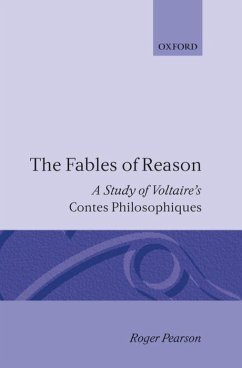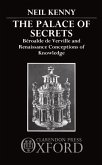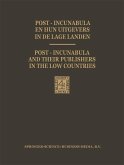Almost three hundred years after his birth in 1694, this is the first comprehensive study of Voltaire's contes philosophiques - the philosophical tales for which he is now best remembered and which include the masterpiece Candide. The Fables of Reason situates each of the twenty-six stories in its historical and intellectual context and offers new readings and approaches in the light of modern critical thinking. It rejects the traditional view that Voltaire's contes were the private expression of his philosophical perplexity, written merely in the margins of his historiography and his campaigns against the Establishment. Arguing that narrative is Voltaire's essential mode of thought, the book stresses the role of the reader and shows how the contes are designed less to communicate a set of truths than to encourage independence of mind. Roger Pearson has written a witty, lucid and scholarly guide to the 'fables of reason' with which Voltaire undermined - and continues to undermine - the religious, philosophical, and economic 'fables', by which other thinkers have tried to explain and direct human experience.
This is the first comprehensive study in English of Voltaire's contes philosophiques--the philosophical tales for which he is best remembered and which include his masterpiece Candide. Pearson situates each story in its historical and intellectual context and offers new readings in light of modern critical thinking. He rejects the traditional view that Voltaire's contes were the private expression of his philosophical perplexity, and argues that it is narrative that is Voltaire's essential mode of thought. His book is a witty, lucid, and scholarly guide to the "fables of reason" through which Voltaire's skepticism undermined the contemporary religious and philosophical explanations of human experience.
Hinweis: Dieser Artikel kann nur an eine deutsche Lieferadresse ausgeliefert werden.
This is the first comprehensive study in English of Voltaire's contes philosophiques--the philosophical tales for which he is best remembered and which include his masterpiece Candide. Pearson situates each story in its historical and intellectual context and offers new readings in light of modern critical thinking. He rejects the traditional view that Voltaire's contes were the private expression of his philosophical perplexity, and argues that it is narrative that is Voltaire's essential mode of thought. His book is a witty, lucid, and scholarly guide to the "fables of reason" through which Voltaire's skepticism undermined the contemporary religious and philosophical explanations of human experience.
Hinweis: Dieser Artikel kann nur an eine deutsche Lieferadresse ausgeliefert werden.









